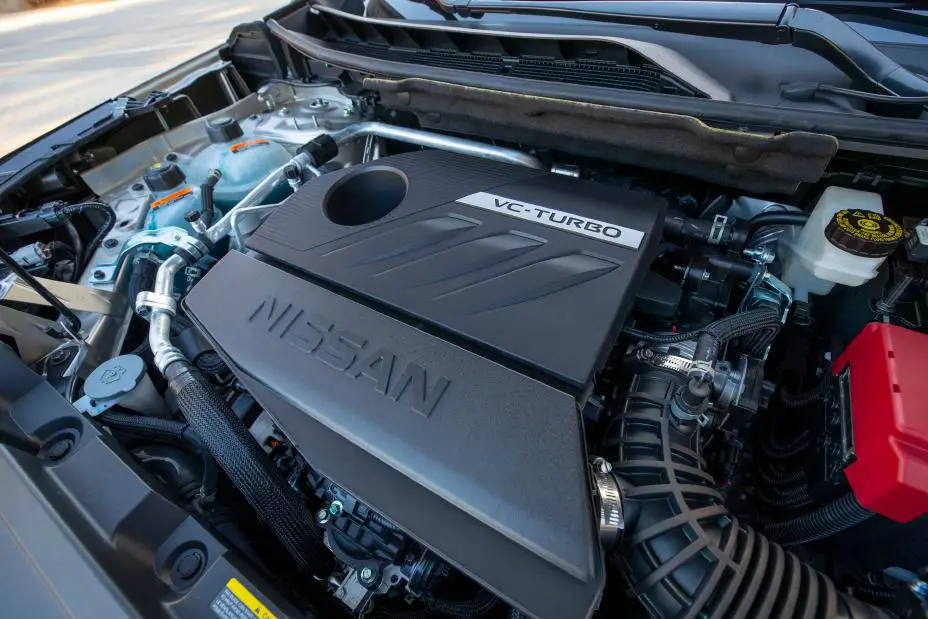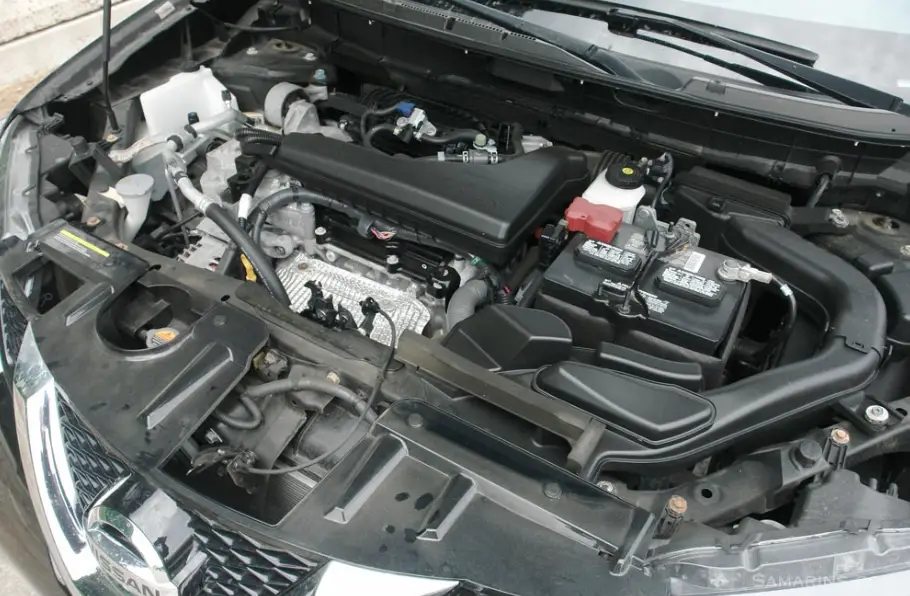Nissan Rogue engine problems often include stalling, rough idling, excessive oil consumption, and engine knocking—issues reported by many owners across various model years.
The Nissan Rogue has earned a solid reputation over the years for being a reliable, fuel-efficient, and family-friendly SUV. However, like any mass-produced vehicle, it’s not without its issues—particularly under the hood. Engine problems, both minor and severe, have been reported by many Rogue owners across different model years.
These problems range from mysterious check engine lights and poor acceleration to more serious concerns like complete engine failure and excessive oil consumption. Knowing what to look out for, how to diagnose early signs, and what repair paths to take can make a significant difference in vehicle longevity and ownership satisfaction.
If you drive a Nissan Rogue or are considering buying one, it’s important to be aware of some common engine-related issues. In this detailed post, we’ll explore known Nissan Rogue engine problems, their causes, warning signs, and what you can do to prevent or repair them effectively.

Contents
Common Nissan Rogue Engine Problems
Here’s an overview of frequently reported engine problems with the Nissan Rogue:
1. Engine Stalling or Shutting Off While Driving
This is one of the most concerning problems. Many owners, especially those with 2014–2020 models, report the engine shutting down suddenly. In some cases, it’s linked to a faulty key fob, while others cite electrical faults or fuel delivery issues.
2. Excessive Oil Consumption
Some Rogue models, particularly those with the 2.5L QR25DE engine, are known to consume oil at a higher-than-average rate. If not monitored, this can lead to low oil levels, resulting in overheating or engine damage.
3. Timing Chain Rattle and Failure
Several owners of earlier Rogue models (2008–2015) reported a loud rattle from the engine bay. In many cases, this was due to timing chain tensioner failure. If not addressed, it can lead to complete timing chain failure and severe engine damage.
4. Engine Knocking or Tapping Noises
This noise can signal internal component wear, such as issues with the pistons or connecting rods. Turbocharged engines may also produce similar sounds if the turbo or valves are failing.
5. Poor Acceleration and Throttle Response
Many Nissan Rogue drivers report sluggish throttle response, particularly in newer VC-Turbo engines. This could result from software issues, clogged throttle bodies, or malfunctioning sensors.
6. Engine Overheating
Whether due to faulty thermostats, clogged radiators, or broken cooling fans, engine overheating is a persistent problem. Overheating can cause the head gasket to fail, resulting in coolant loss and white smoke from the exhaust.

Nissan Rogue Engine Problems by Model Year
Engine issues vary across model years:
2014–2016 (QR25DE Engine)
- Generally reliable, but EVAP system hiccups and fuel pump recalls caused stalling or light triggers.
- Key fob recall led to unintended engine shutdowns while driving.
2017–2021 (KR15DDT / VC-Turbo Begins)
- Transition to the variable-compression VC-Turbo saw complaints of power loss, noise, and bearing-related failures—NHTSA opened investigations into L-link and main bearing seizures.
2022–2024 (KR-series Continued)
- Reports of stall-out, check engine light, and loss of acceleration persist.
- Social media stories emerge of engines requiring replacement as early as 20–40k miles
Why These Engine Problems Occur
Understanding the how and why helps you prevent issues:
EVAP System & Fuel Pump Failures
Defective purge valves or harness corrosion lead to fuel vapor leaks and check engine alerts .
Internal Engine Failure (Bearings/L‑Link)
Higher stress on VC‑Turbo engines can cause metal debris and oil pan contamination, triggering catastrophic failure.
Key Fob Folding Defect
A partly folded key may turn off the engine mid-drive—prompting large recalls.
Inadequate Maintenance
Short oil change intervals and delayed software updates exacerbate wear, especially in turbocharged variants.
Diagnosis & Repair Options
Here’s how to quickly address Nissan Rogue engine problems:
- Check for recalls or TSBs: VIN check can reveal eligibility for free repairs, especially fuel pump or key fob fixes.
- Diagnostic scan (OBD‑II): Troubleshoot P‑codes related to EVAP, misfire, or knock sensors.
- Visual inspection & maintenance: EVAP hoses, purge valves, and turbocharger components should be checked regularly.
- Oil sampling: Metal shavings or contamination in oil can indicate internal damage.
- Professional evaluation: Visit a certified shop if knocking or unexpected shutdowns occur—the engine may need repair or replacement.
Preventive Measures & Best Practices
Minimize Nissan Rogue engine problems with proactive care:
- Follow oil-change intervals, especially for turbo models—7–10k miles is preferred.
- Perform EVAP inspections at each service—check hoses and purge valve health.
- Update software/ECU proactively for known fixes.
- Use genuine parts when replacing components like fuel pumps or purge solenoids.
- Act early on warning signs—avoid waiting until the engine fails.
Real‑World Owner Experiences
Owners share firsthand accounts:
“I have a 2023 Rogue … check engine light comes on after turning off A/C or after driving it for 3 hrs.”
“What did they do for you?” — follow-up confirming common and unresolved issues.
Source: Reddit.com
Others report early turbo failures due to skipped oil changes.
Frequently Asked Questions
Here are some FAQs about Nissan Rogue engine problems –
1. What are the most common 2023 Nissan Rogue engine problems?
Recurring issues include stalling, fuel smell in the cabin, power loss, and engine shuddering.
2. Is the KR15DDT VC‑Turbo engine reliable?
Even though it’s innovative, VC‑Turbo engines have seen premature failures in main bearings and L‑links—passthrough NHTSA investigation.
3. Does Nissan offer free repairs or recalls for engine stalls?
Yes—recalls include key-fob engine shuts (2014–2020), fuel pump replacements (2021), and wiring harness updates .
4. Can regular oil changes prevent engine damage?
Absolutely—especially with turbo models. Changing oil every 7–10k miles can prevent bearing wear .
5. Should I avoid buying a specific Rogue model year due to engine issues?
Riskier years include early VC‑Turbo transition models (2022–2023). Always check VIN for recalls, perform inspections, and consider maintenance history before buying.
Conclusion
In conclusion, Nissan Rogue engine problems vary from EVAP and fuel issues to serious internal failures—especially in newer turbo engines. Staying informed, following maintenance schedules, and responding quickly to warnings can help you avoid breakdowns and costly repairs. When buying used, consider steering clear of certain years and checking for repair history.